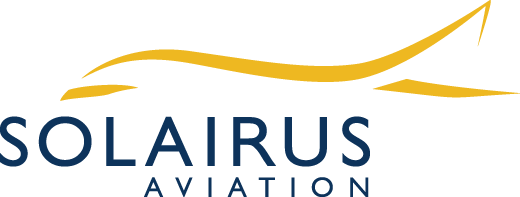Learning a different language can seem daunting. It kicks you out of your comfort zone and takes away the sense of control you feel when you’re around others who speak your mother tongue. Rather than see language as a barrier as you prepare for an international trip, see it as an opportunity to connect with the individuals you’ll meet and their culture. The trick to learning a new language quickly is to have realistic expectations. Give yourself enough time to become familiar with key phrases and practice whenever you have free time, especially while flying on your business jet where there are few distractions.
Simple Tips to Learn a New Language Fast
Learn the words you need to say
You don’t need to memorize a language’s dictionary to speak it. In the English language, for instance, only 300 words account for about 65 percent of written materials. Determine the words and phrases you’ll need to say most often and practice those with flash cards or flash card apps.
Words that you might need to say often include:
- Hello
- Good-bye
- My name is
- Nice to meet you
- How are you?
- I am well, thanks.
- Likewise (in response to someone saying they enjoyed meeting you)
- Thank you
- Yes
- No
- Please
- Foods you like and do not like
- Numbers
- Names of months and days
- Quantities (e.g., big, small, a lot, a little)
As you learn new words, don’t worry about grammar. Save those studies for later. Instead, memorize a few important sentences. Keep in mind that these people want to communicate with you as much as you want to communicate with them. The people with whom you meet will appreciate your efforts.
Learn Cognates
Cognates are your friend. They are foreign words that are similar to their English counterparts. The word “computer” in Spanish, for example, is “computadora.” “Answer” in Japanese is “ansā.” “Coffee” in Dutch is “koffie.” Thanks to cognates, you don’t have to start from scratch when you want to learn a new language.
Many Romance language words that end with “-tion” (e.g., solution, tradition, action, nation, communication) have similar spellings, but different pronunciations or stresses. In many cases, you may simply change the “-tion” in English to the following in other languages:
- -ción: Spanish
- -zione: Italian
- -ção: Portuguese
Practice Daily
To learn a language, you must hear, speak and read it. Technology makes it possible for you to immerse yourself before chartering a flight to speak with a native speaker. A simple trick is to watch your favorite movie dubbed in the language you want to learn (you might need a DVD) and set the subtitles to English. This allows you to hear the language and see the words translated. To hear the language spoken slower and with simpler words, consider watching your favorite children’s movie. You can also hear the language on TuneIn.com, which live-streams radio programs from around the world.
Read the language by visiting the destination’s top news websites. If you want to read simpler words, look for comics or children’s books in the language you wish to learn.
If your trip is in a month, practice for an hour each day. If it’s in a few days, practice for two or three hours a day to master the basics. Good websites to help you learn a new language include:
Don’t Be Afraid to Make Mistakes; Learn from Them
As a language newbie, interactions and communication are more important than perfection. Those at your foreign destination will not expect you to have full conversations and will forgive your blunders. Get a head start on practicing conversations with a native speaker and professional teachers with sites like:

